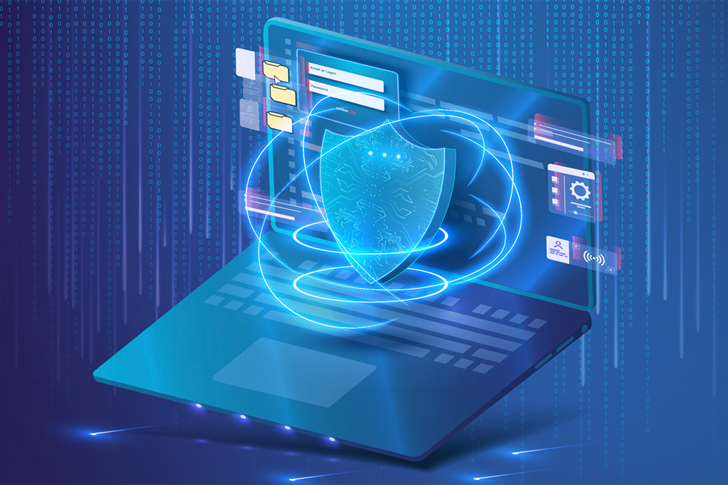Enhancing Business Cybersecurity with Antivirus Software
In the rapidly evolving digital landscape, where cyber threats are becoming more sophisticated and frequent, enhancing business cybersecurity has become quintessential. Among various security measures, antivirus software plays a critical role in defending businesses against various cyber threats. This software not only helps to detect and remove malware but also offers a range of features to safeguard information systems.

Understanding the Importance of Antivirus Software in Business
Antivirus software is designed to detect, prevent, and remove malware, including viruses, worms, and Trojan horses. However, modern antivirus solutions do far more than just clean up malware. They can protect against phishing attacks, ransomware, and other advanced threats that could cripple your business operations. According to a report by Cybersecurity Ventures, cybercrime damages are expected to cost the world $10.5 trillion annually by 2025, making cyber defense a critical investment for any business.
The Economic Impact of Cyber Attacks on Businesses
The stakes in cybersecurity are incredibly high. IBM’s 2020 Cost of a Data Breach Report reveals that the average total cost of a data breach is $3.86 million. For small to mid-sized businesses, cyberattacks can be particularly devastating. The U.S. National Cyber Security Alliance found that 60% of small companies are unable to sustain their businesses over six months after a cyber attack. These statistics underline the importance of implementing robust cybersecurity measures, including antivirus software, to protect business assets and continuity.
How Antivirus Software Protects Your Business
Antivirus software serves as the first line of defense in protecting your business’s digital assets. It scans computer systems for known threats and monitors files and programs in real time. Advanced antivirus programs use heuristic analysis to detect previously unknown viruses by examining code for suspicious properties. Phishing protection is another vital feature, as phishing attacks are often the entry points for bigger security breaches. Furthermore, many antivirus tools include capabilities like firewalls and sandboxing, which isolate suspicious files for analysis away from your main system.
Choosing the Right Antivirus Software for Your Business
When selecting the right antivirus software for your business, consider factors such as the size of your business, the nature of your data, and specific industry requirements. For large enterprises, solutions that offer extensive customization and control over security policies are critical. For SMBs, user-friendliness and cost-effectiveness often take priority. It’s also important to look for software that offers multi-device protection, reflecting the growing trend of BYOD (Bring Your Own Device) policies in workplaces. According to a Bitglass survey, 85% of organizations are now embracing BYOD, which introduces a range of devices that need to be secured.
Integration with Other Cybersecurity Practices
To maximize business protection, antivirus software should not be used in isolation. Combining it with other cybersecurity practices enhances its effectiveness. Regular security audits, staff training, and a strong cybersecurity policy are all crucial components of a comprehensive cybersecurity strategy. Additionally, ensuring that antivirus software is always updated is critical because it relies on a database of known threats, which is continually expanding. An outdated antivirus program is significantly less effective against new threats.
Advanced Features to Look Out For
When investing in antivirus software, look for advanced features that cater to modern cybersecurity needs. Real-time scanning and automatic updates are essential, but so are features like ransomware protection, secure browsing, and email security. Some antivirus solutions also incorporate machine learning capabilities that improve threat detection over time based on new data culled from the user’s activity and other sources.
Case Studies: Antivirus Success Stories
Many companies have successfully thwarted cyber attacks through robust antivirus solutions. For example, a major financial institution was able to stop a potentially catastrophic ransomware attack by deploying advanced endpoint protection that identified and isolated the malware during its initial incursion. In another instance, a global e-commerce company used its antivirus software’s real-time scanning feature to detect a phishing attack, preventing large-scale data theft.
Conclusion
Investing in antivirus software is a fundamental step in securing a business’s cybersecurity framework. In light of the increasing frequency and sophistication of cyber attacks, and their potentially devastating economic impacts, ensuring your business is equipped with the best cybersecurity tools is more important than ever. By choosing the right antivirus software and integrating it with broader cybersecurity measures, businesses can significantly reduce their vulnerability to cyber threats, protecting their assets, reputation, and future.







Recent Comments